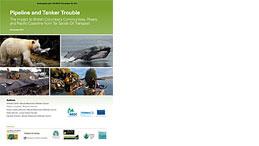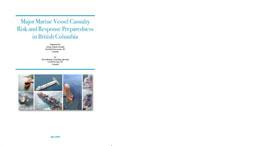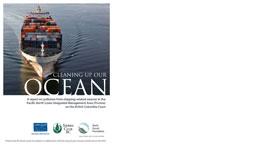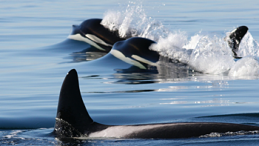Hope for the whales of Robson Bight
VANCOUVER, B.C. ─ Living Oceans Society, Greenpeace Canada and concerned whale organizations are congratulating the governments of Canada and British Columbia for showing the leadership to mount an operation to recover logging equipment that sunk in Robson Bight last August. Today, B.C. Minister of the Environment Barry Penner and Fisheries and Oceans Canada Minister Loyala Hearn announced that the two governments had entered into a cost sharing agreement to raise the equipment.










